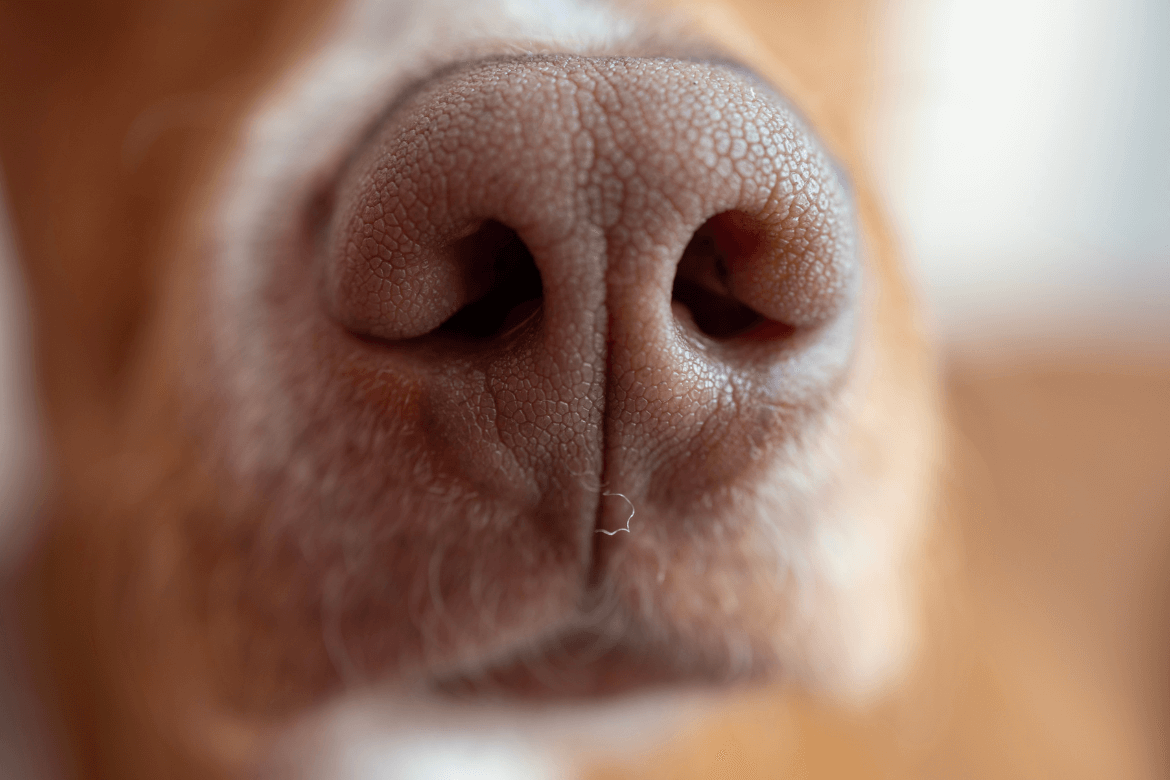What is adverse reactions to food
Understanding Adverse Reactions to Food
Adverse reactions to food in dogs can manifest in various ways, ranging from mild discomfort to severe health issues. These reactions occur when a dog’s immune system mistakenly identifies a specific food ingredient as harmful. This misidentification can lead to a range of symptoms, including gastrointestinal distress, skin irritations, and even behavioral changes. It is crucial for dog owners to recognize these signs early to ensure their pets receive the appropriate care and dietary adjustments.
Types of Adverse Reactions
There are primarily two types of adverse reactions to food in dogs: food allergies and food intolerances. Food allergies involve an immune response to a specific protein, which can trigger symptoms such as itching, swelling, and gastrointestinal upset. On the other hand, food intolerances do not involve the immune system but can still cause discomfort, such as bloating, gas, and diarrhea. Understanding the difference between these two types is essential for effective management and treatment.
Common Symptoms of Food Reactions
Symptoms of adverse reactions to food can vary widely among dogs. Common signs include vomiting, diarrhea, excessive scratching, and ear infections. Some dogs may also experience swelling of the face or paws, which can be indicative of an allergic reaction. If you notice any of these symptoms after introducing a new food, it is essential to consult with a veterinarian for proper diagnosis and treatment.
Identifying Trigger Foods
Identifying the specific food that triggers an adverse reaction can be challenging. A process called elimination diet is often recommended, where potential allergens are removed from the dog’s diet for a period, followed by the gradual reintroduction of ingredients. This method helps pinpoint the exact food causing the reaction. Keeping a detailed food diary can also assist in tracking symptoms and identifying patterns related to specific foods.
The Role of Ingredients in Food Reactions
Certain ingredients are more likely to cause adverse reactions in dogs. Common culprits include beef, dairy, chicken, wheat, and soy. However, any ingredient can potentially trigger a reaction, depending on the individual dog’s sensitivities. Reading ingredient labels carefully and opting for high-quality, limited-ingredient diets can help minimize the risk of adverse reactions.
Veterinary Diagnosis and Testing
If a dog is suspected of having an adverse reaction to food, a veterinarian may recommend various diagnostic tests. These can include skin tests, blood tests, or even biopsies to determine the presence of allergies. In some cases, a veterinarian may also suggest a referral to a veterinary dermatologist for specialized testing and treatment options.
Managing Adverse Reactions
Managing adverse reactions to food typically involves dietary changes and careful monitoring. Once a trigger food is identified, it is crucial to eliminate it from the dog’s diet entirely. Many dog owners find success with hypoallergenic dog foods, which are formulated to reduce the risk of allergic reactions. Regular follow-ups with a veterinarian can help ensure that the dog’s nutritional needs are being met while avoiding problematic ingredients.
Importance of Nutrition in Dogs
Proper nutrition plays a vital role in a dog’s overall health and well-being. Dogs with adverse reactions to food may require specialized diets that provide essential nutrients without triggering symptoms. Consulting with a veterinarian or a pet nutritionist can help dog owners create a balanced diet that supports their pet’s health while avoiding allergens.
Preventing Future Reactions
Preventing future adverse reactions to food involves vigilance and education. Dog owners should be proactive in understanding their pet’s dietary needs and potential sensitivities. Regularly reviewing and updating the dog’s diet, along with monitoring for any new symptoms, can help prevent adverse reactions from occurring in the future. Additionally, educating oneself about safe food options and potential allergens is essential for responsible pet ownership.


